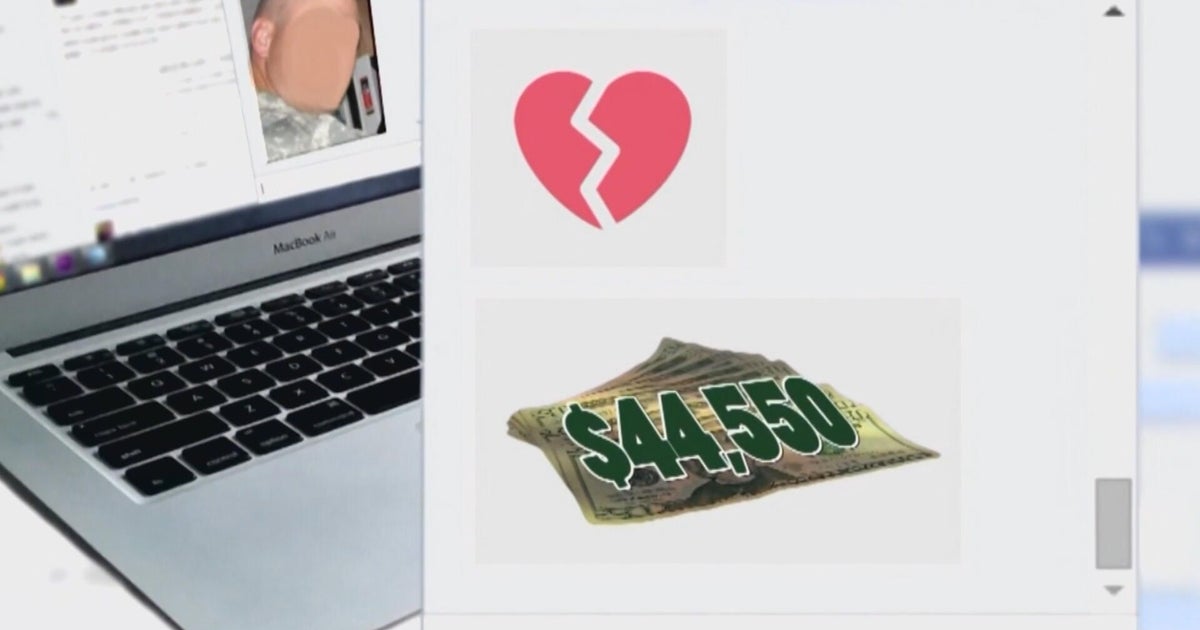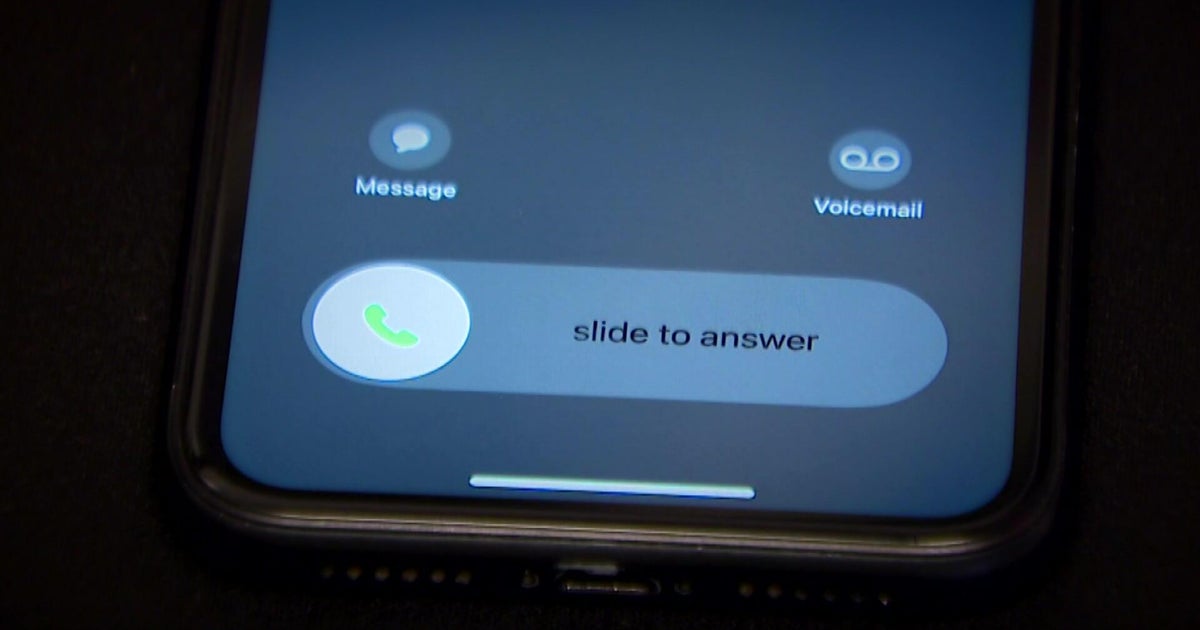FCC warns of 50-state scam by fraudsters posing as mortgage lenders
Homeowners across the U.S. are being targeted in a sophisticated scam in which callers pose as mortgage lenders to defraud people out of hundreds of thousands of dollars, the Federal Communications Commission warned Tuesday in a consumer alert.
The fraud involves operatives calling homeowners, who oftentimes had previously sought relief from their mortgage lender and thus were expected to be contacted, according to the FCC. The callers frequently know details about the homeowner, including their name, address and their current or former mortgage lending institution.
The fraudsters also spoof the caller ID number of the homeowner's actual lending institution, further convincing them of the call's legitimacy, the agency noted.
Given the moniker "Green Mirage," those behind the calls often threaten foreclosure, then offer relief if the victims send payments via atypical routes. That includes being directed to mail money orders to third-party "attorneys" or representatives, or to upload funds to a Walmart Green Dot Money Card account.
Green Mirage scammers have impersonated more than 400 mortgage institutions and caused hundreds of thousands of dollars of losses to deceived homeowners, many of whom only learn of the fraud when their actual lender starts foreclosure proceedings, the FCC said.
The operatives use "sophisticated social engineering techniques to take advantage of vulnerable homeowners experiencing financial hardship," Peter Hyun, the FCC's acting enforcement bureau chief said in an emailed statement.
"Today's actions both warn consumers of this latest set of scams, and put on notice all other voice service providers to immediately stop carrying these junk calls," Chairwoman Jessica Rosenworcel stated.
How to know if it's a scam
Officials warn that you are likely talking to a scammer if:
- You are pressured to provide money or information
- You're asked for payments through unusual methods or channels
- You are offered a deal that sounds too good to be true



